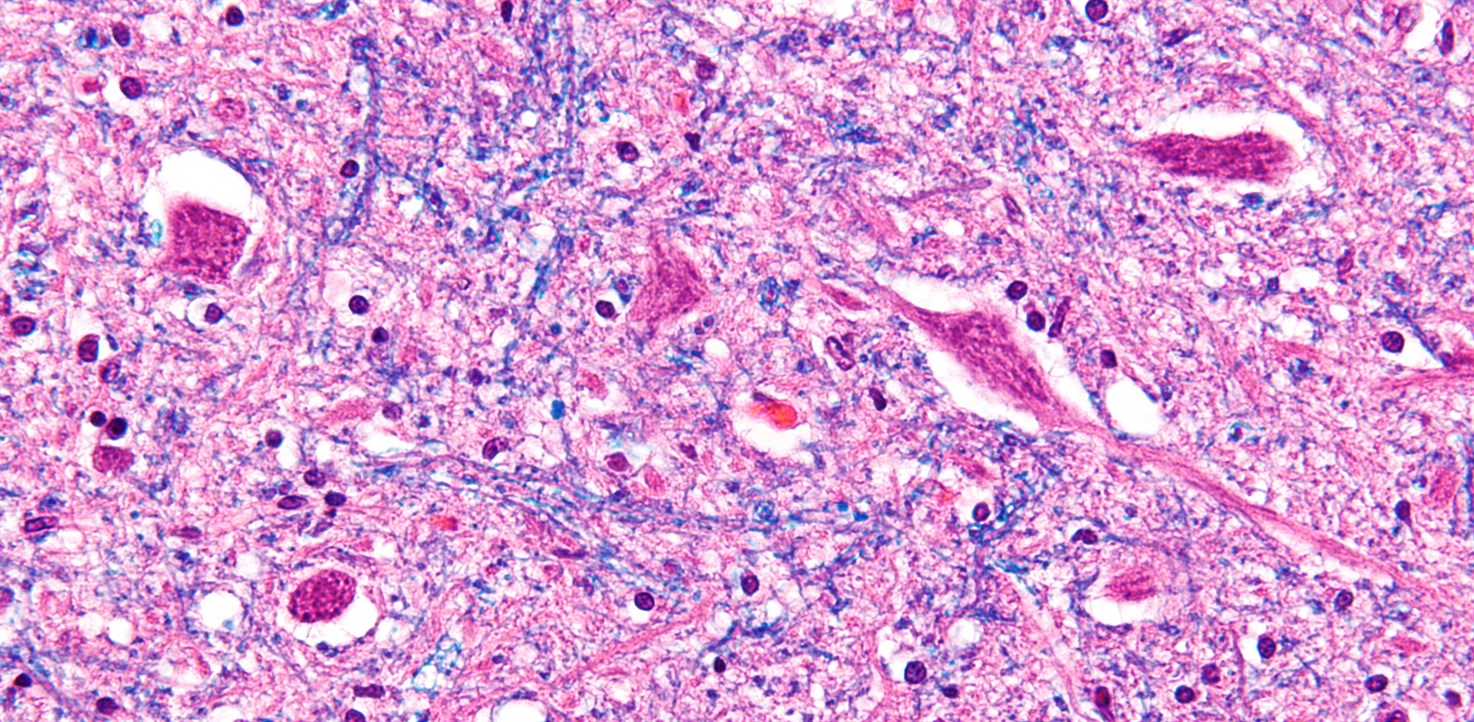In December 2016, the FDA approved the first drug for the treatment of spinal muscular atrophy (SMA), a relatively rare genetic disorder that causes the degeneration of motor neurons, or nerve cells that control muscles, in the spinal cord. Before the development of the drug, Spinraza (nusinersen), patients had little options to manage the symptoms of the disease before ultimately entering palliative care.
Dr. Richard Finkel, Chief of Neurology at Nemour’s Children’s Hospital, led the study to develop the drug, which has been in the clinical trial phase for the past four years and is funded by Ionis Pharmaceuticals and Biogen.
In the most common form of SMA (chromosome 5 SMA, or SMN-related SMA) there is a wide variability in the age of onset, symptoms, and rate of progression. Generally, the earlier the disease’s onset, the greater the impact on motor function. It affects about 1 in 10,000 babies and it is the most common cause of childhood mortality. Children who display onset at birth or during infancy have Type I SMA and most do not reach their second birthday. These children most often die due to an inability to cough effectively, which leads to lung infections.
Spinraza can slow the progression of SMA while improving children’s motor skills. It is approved by the FDA for use across the range of SMA patients of all ages. The clinical trial found the drug to be safe and well-tolerated by children, a finding that could lead the way to using the drug to treat other childhood disorders.
The drug contains small pieces of DNA, which target a back-up gene for the mutated gene that causes SMA. Through a spinal tap, the drug enters the spinal fluid, which then enhances the expression of the back-up gene. This improves the gene’s ability to produce a protein missing because of the mutation that causes SMA in the first place.
Spinraza brings hope to a community of patients and families who previously had a dead-end diagnosis. It is important to note that this by no means is a cure, but rather an opportunity to lessen the disease’s effects and improve patients’ quality of life.
Read more: https://www.orlandosentinel.com/health/os-nemours-lancet-sma-drug-20161220-story.html




